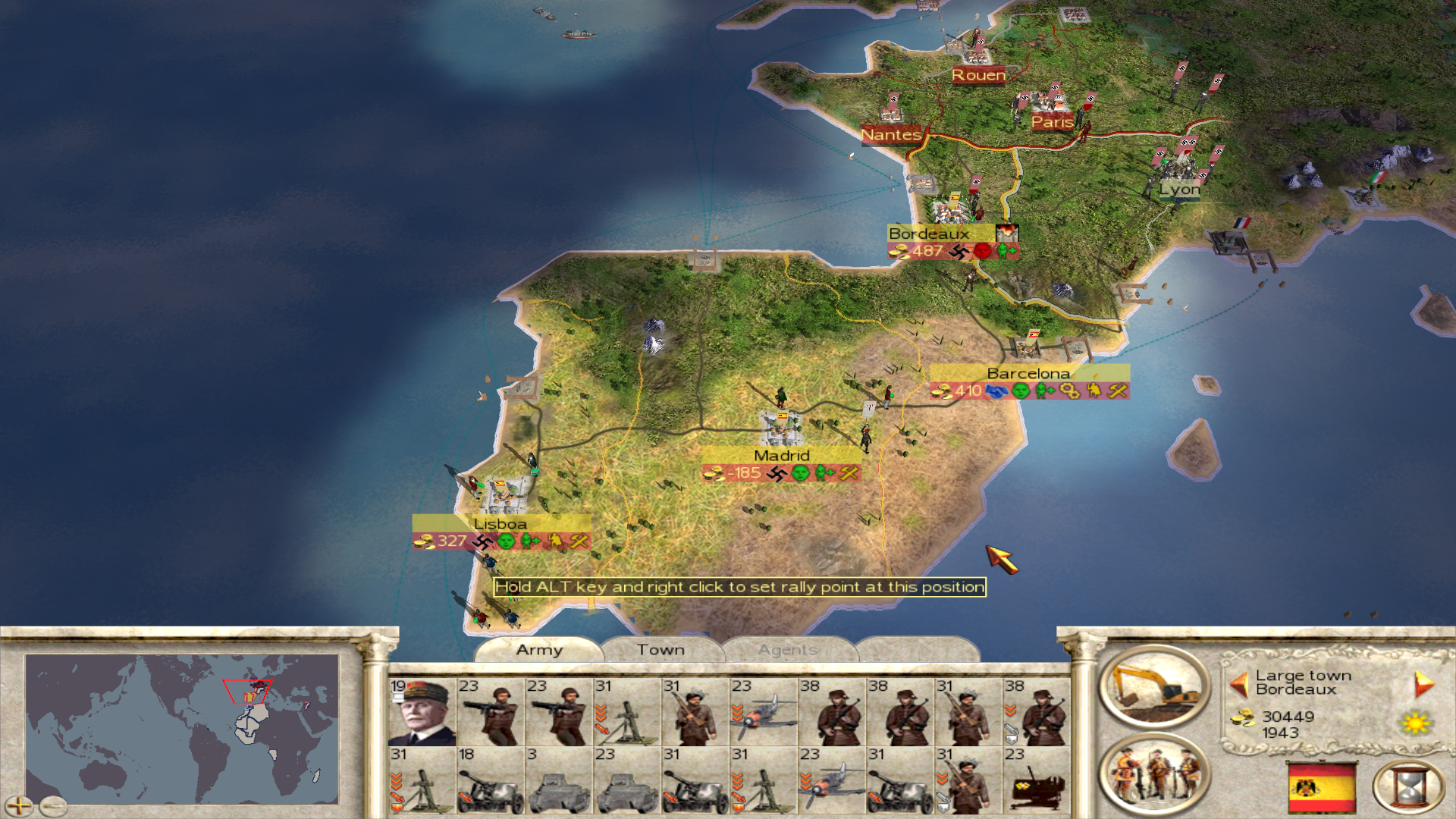


In 1937 he confided to the governor-general of India, Lord Linlithgow, that although he wanted “to see the British empire persevered for a few more generations in its strength and splendour”, he was aware that “only the most prodigious exertions of British genius will achieve this result”.Ĭhurchill’s fear that the empire might not last even “a few more generations” was perhaps apparent when, in November 1942, he gave a speech at the Mansion House, as the tide of the war turned in favour of the allies. Photograph: Imperial War Museums via Getty Imagesīefore the war Churchill had been willing, in private at least, to acknowledge that the age of empire was drawing to a close. Jellicoe Scoon left Trinidad in 1942 to train as an RAF pilot. Britain fought the second world war with men and money partly drawn from the empire and that, after the defence of the home islands, the survival of the empire was a fundamental war aim.

And forgotten from the “finest hour” speech are the word’s directly leading up to those two, magical words, “if the British empire and its commonwealth last for 1,000 years, men will still say ‘This was their finest hour’”.Ĭhurchill’s references to the empire in many of his most famous speeches are small reminders of a big reality. Lost from the “we shall fight on the beaches” speech is Churchill’s prediction that if Britain “were subjugated and starving, then our empire beyond the seas, armed and guarded by the British fleet, would carry on the struggle”. Forgotten from the “blood, toil, tears and sweat” speech is the warning that without victory over Germany not only might the British nation perish but that there could be “no survival for the British empire, no survival for all that the British empire has stood for”.


 0 kommentar(er)
0 kommentar(er)
